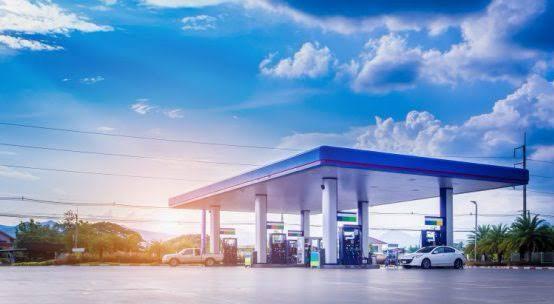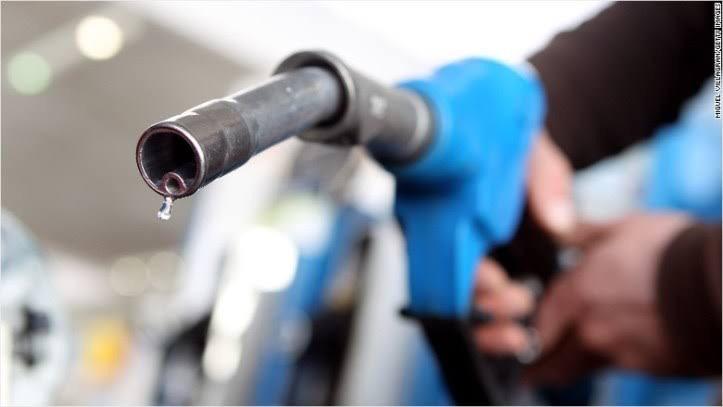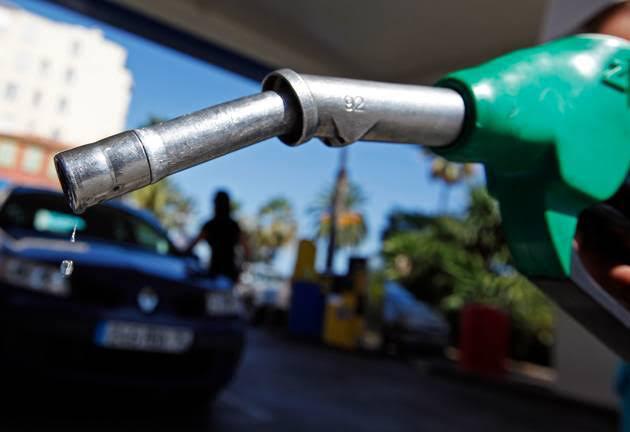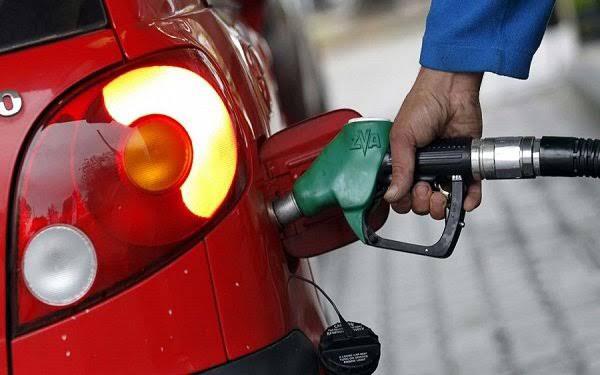The Kenyan Energy and Petroleum Regulatory Authority (EPRA) announced on Wednesday that it had conducted several tests on fuel samples from numerous petrol stations across the country to identify those selling kerosene-mixed petrol and diesel, as well as those selling cheap duty-free fuel intended for export.
To that purpose, the EPRA has identified various fuel stations that have been involved in some of the dirty activities and have imposed the appropriate punishments on the station’s management.
Be Energy’s Racecourse Service Station in Nairobi has been fined Sh689,749 for selling diluted kerosene, while Zeemax Energy Service Station in Marsabit has been fined Sh769,342 for selling sulphur-rich diesel.
The petrol pumps at Mishemishe filling station in Meru, Gen Eighteen Forty in Migori, and Philip Waweru Mwangi station in Nakuru have all been shut down due to the sale of contaminated fuel.
Meanwhile, Shukran, Nyakawili, Ola Energy, Test Report, Sifa Petroleum, and Catesteph fuel stations in Trans Nzoia, Homa Bay, West Pokot, Kilifi, Meru, and Lamu were closed for selling duty-free fuel intended for export.
To increase the quantity of petrol and diesel, savvy retailers mix in cheaper kerosene. For motorists, this has been a challenge because the polluted fuel is destroying their engines.
Some companies have been diverting duty-free fuel intended for export to other countries to local petrol stations to undercut the competition, which is unfair to other retailers and deprives the government of vital tax money.
EPRA is mandated by Section 92 of the Petroleum Act 2019 to monitor fuel intended for local sale to prevent fuel adulteration and dumping of duty-exempt fuel bound for export locally, and the Treasury allocates millions of dollars annually to mark fuel with unique chemical markers to detect cases of adulteration.
The government introduced an anti-adulteration levy of Sh18 per litre of kerosene in 2018 to align its price with that of diesel, which has reduced the practice. According to data from the Authority, fuel adulteration now accounts for about 0.18% of total fuel sold in the country annually, down from 25% in the early 2000s and 3.05% in 2013.



